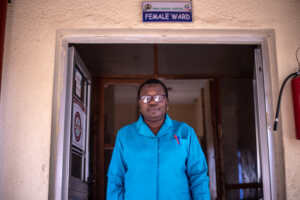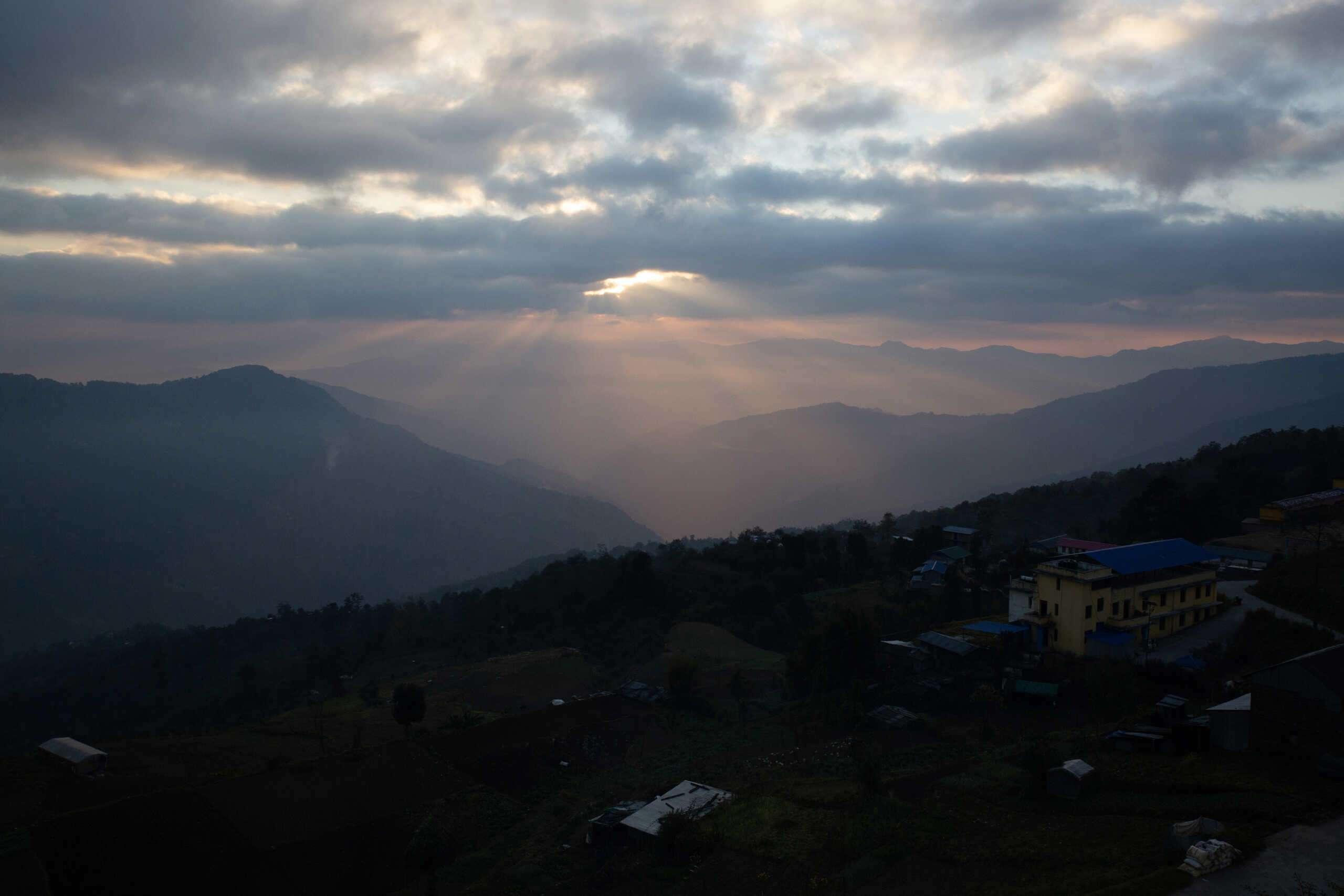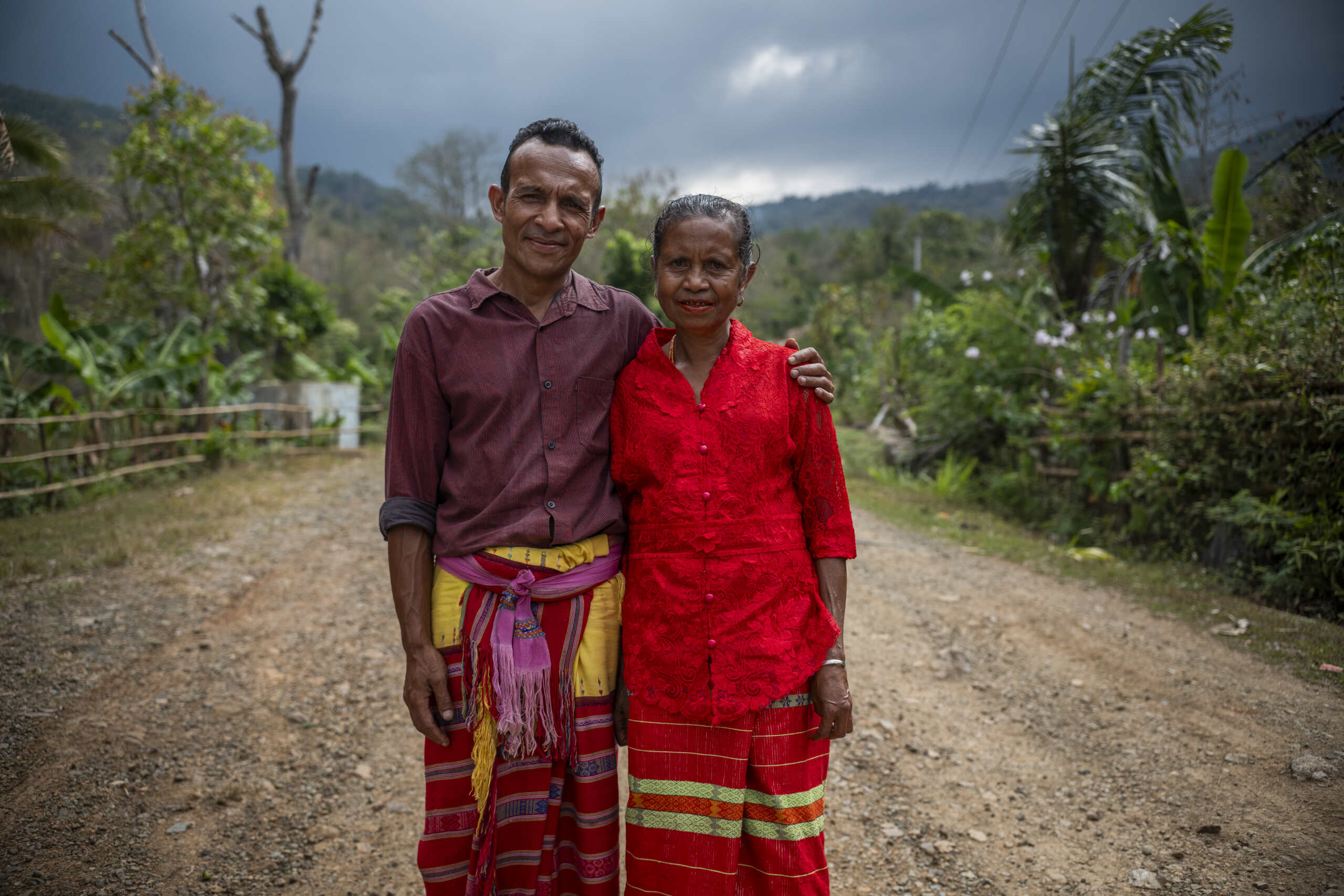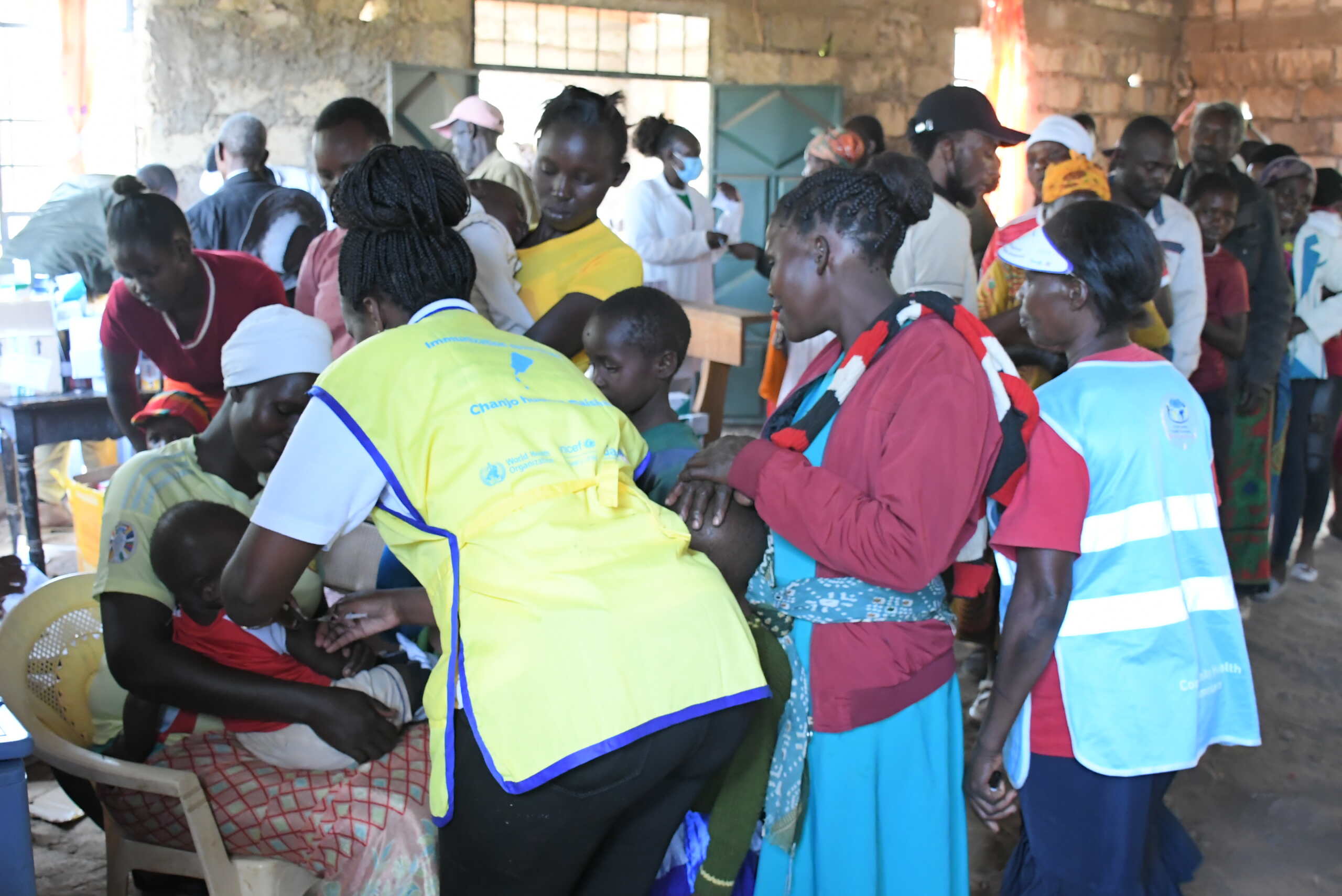Training healthcare workers in Nigeria to treat and prevent obstetric fistula
Fistula, Stories | April 30, 2024
For most women, giving birth to a child is one of the most joyful times of their lives. However, for some, especially women living in poor and rural communities in Nigeria, it can also be the start of a long a difficult road ahead. Lack of access to quality maternal health care means that many women are not getting the care they need during delivery. This can result in an obstetric fistula –a childbirth injury that, if left untreated, can leave women incontinent.
The good news is that obstetric fistula is highly preventable and treatable. With trained healthcare workers and better community awareness, women dealing with incontinence due to obstetric fistula do not have to live a life feeling humiliated and shunned from their community. Through the CBM supported project, they can get the help they need.
CBM Australia is working with a local partner in Nigeria to train doctors and nurses from a local hospital in obstetric fistula prevention and treatment, including surgery.
One of these people is Victoria – a nurse with over 25 years’ experience who, in 2020, received specialised training from the project partner to become a fistula nurse. Victoria not only provides essential medical support, but she provides much needed emotional support for women undergoing surgery.
“We encourage them by sharing experiences of women who had obstetric fistula and had repairs done successfully; sometimes we invite previously repaired clients to share their experiences, and we also pray with them as well,” says Victoria.
We are strengthening the medical system not only with better trained staff, but also with hospital building upgrades and through the provision of medical equipment, labour delivery kits and medication.
A strong medical system is one that is accessible to all. That is why we are supporting women who need it to access free surgery – because someone’s economic situation should not be a barrier to essential medical treatment.
With well trained staff and accessible services, women are traveling from across Nigeria to participate in the project and seek treatment.
“A woman came from Lagos, (equivalent to a 15hr drive) she said for 27 years she has been going around with this problem. But thank God that she came into this hospital where this program was done last year, and she had her obstetric fistula repaired, and she went back home rejoicing,” says Victoria.
For Victoria, she is fulfilling her dream by caring for women and watching them recover.
“It is amazing. Most especially when their repairs are successful. We share in their joy” says Victoria.
CBM acknowledges the support of the Australian Government through the Australian NGO Cooperation Program (ANCP) and thanks our implementing partner Survive Fistula Healthcare Foundation (SFHF).

https://www.cbm.org.au/stories/training-healthcare-workers-in-nigeria-to-treat-and-prevent-obstetric-fistula
Related Stories

Week 1 – Lent series 2026
As we enter the season of Lent, we’re taking time as a community to pause, reflect, and draw closer to the heart of God. Lent invites...

How CBM is making a difference in Indonesia
For more than 45 years, CBM Global has been working alongside communities in Indonesia to ensure people with disabilities...

Coordinating inclusive health outreach in Meru County
For many households in Meru’s rural and remote areas, basic health services are physically...
